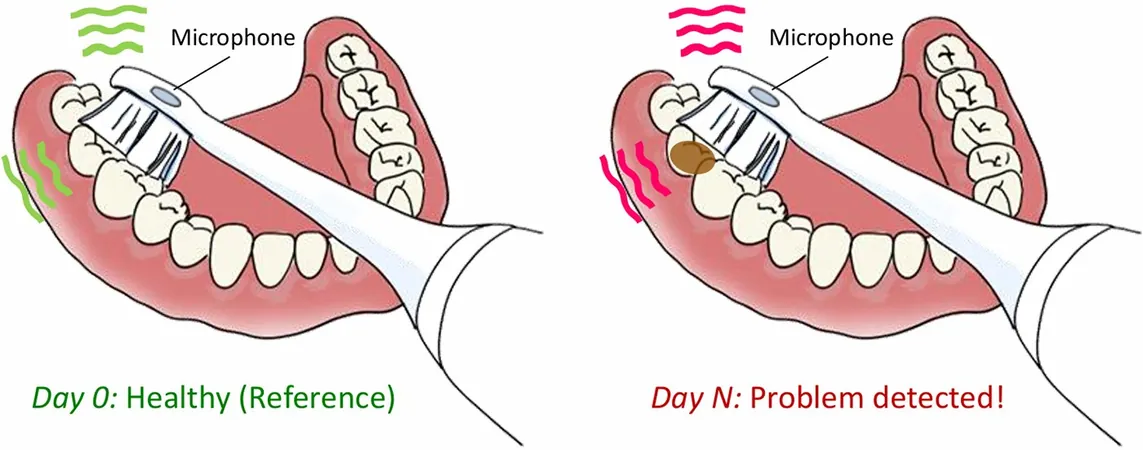
Revelations in Breast Cancer Prevention: Are You Aware of Your Risks?
2024-10-08
Author: Daniel
A groundbreaking survey by Myriad Genetics has unveiled a startling truth: a significant number of women remain unaware of critical factors that can elevate their breast cancer risk. Specifically, many fail to recognize that dense breast tissue could increase their likelihood of developing this disease. This revelation comes from a recent Cancer Risk Survey: Breast Cancer Edition conducted by the company, now in its third year, emphasizing the need for better education regarding breast health.
The survey reports that a staggering 44% of women lack even basic knowledge about breast density, with 63% unaware of its potential link to cancer risk. While dense breast tissue is a common condition, it is important to emphasize that women with this risk factor may need to undertake additional screening methods, such as ultrasound or MRI, alongside standard mammograms to enhance cancer detection.
Interestingly, while 40% of respondents indicated they believe women with dense breasts should receive intensified screening, only about one-third expressed a willingness to undergo genetic testing to determine their risk factors. This highlights a crucial gap in understanding the steps necessary for proactive health management.
In response to this knowledge gap, new FDA guidelines set to take effect on September 10, 2024, will mandate that all mammography facilities provide patients with clear communication regarding their breast tissue density. Women will receive a notification categorizing their tissue as either "not dense" or "dense," which will be included in their mammogram report for referring providers.
Moreover, Myriad Genetics offers the MyRisk® Hereditary Cancer Test with RiskScore®, which evaluates a woman's risk of breast cancer by considering genetic predispositions, family history, and breast density. Women identified as high-risk can explore various medical management options.
The importance of this information cannot be overstated, especially in light of the personal stories that underscore these statistics. For instance, Ashley Dedmon—a breast cancer previvor—has been deeply affected by the disease, as her family has endured multiple generations of breast cancer tragedies. After discovering she carried a BRCA2 gene mutation, Ashley made the proactive decision to undergo a prophylactic mastectomy, significantly reducing her risk for breast cancer. She now leads a healthy life with her family, illustrating the power of informed choices in health management.
It is imperative that all women familiarize themselves with their breast health, including understanding the implications of breast density, potential genetic risks, and the various screening options available. For more information, visit GetMyRisk.com and empower yourself with knowledge that could save your life.
Don't let ignorance be your downfall—educate yourself today!




 Brasil (PT)
Brasil (PT)
 Canada (EN)
Canada (EN)
 Chile (ES)
Chile (ES)
 España (ES)
España (ES)
 France (FR)
France (FR)
 Hong Kong (EN)
Hong Kong (EN)
 Italia (IT)
Italia (IT)
 日本 (JA)
日本 (JA)
 Magyarország (HU)
Magyarország (HU)
 Norge (NO)
Norge (NO)
 Polska (PL)
Polska (PL)
 Schweiz (DE)
Schweiz (DE)
 Singapore (EN)
Singapore (EN)
 Sverige (SV)
Sverige (SV)
 Suomi (FI)
Suomi (FI)
 Türkiye (TR)
Türkiye (TR)